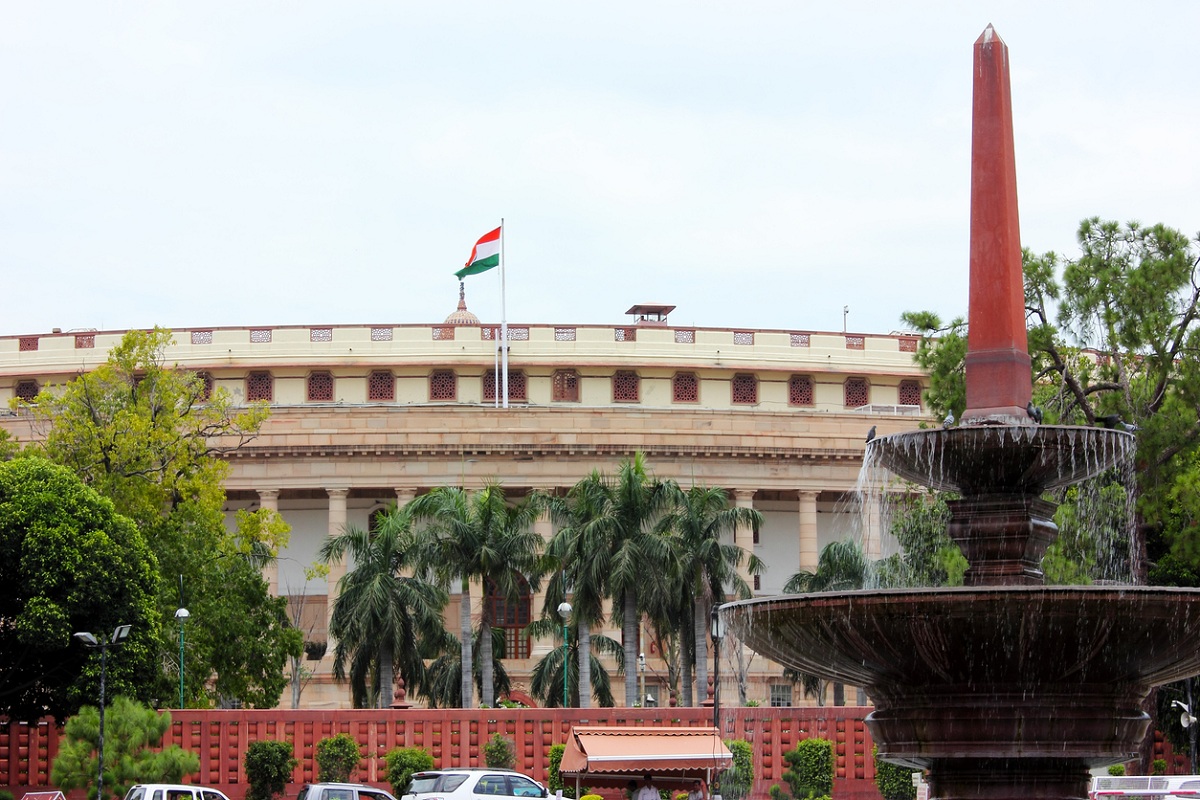The global spread of the coronavirus (COVID-19) pandemic followed by lockdowns has affected global economies including India. Covid-19 has resulted in a large number of migrant workers going back to their native places. In order to mitigate the adverse impact of COVID-19, the Government of India has announced an economic package.
Government has launched Pradhan Mantri Garib Kalyan Yojana (PMGKY) for the poor to mitigate the impact of COVID-19 pandemic. Measures are intended at reaching out to the poorest of the poor with food and money in hands so that they do not face difficulties in buying essential supplies and meeting essential needs.
Advertisement
Under PMGKY, Government of India is contributing both 12% employer’s share and 12% employee’s share under Employees Provident Fund (EPF), totalling 24% for the wage month from March-August, 2020 for all the establishments having up to 100 employees with 90% of such employees earning less than Rs 15000.
Statutory PF contribution of both employer and employee has been reduced to 10% each from the existing 12% each for all establishments covered by EPFO for three months.
To boost employment and livelihood opportunities for migrant workers returning to villages in the wake of Covid-19 outbreak, Government of India has launched Garib Kalyan Rojgar Abhiyaan on 20 June 2020 which focuses on developing rural infrastructure and providing modern facilities like the internet in the villages. It covers 116 districts of 6 States with a resource envelope of Rs 50,000 crore to be implemented in a mission mode campaign in 125 days.
Under Aatmanirbhar Bharat Abhiyaan, the Government has earmarked an additional Rs 40,000 crore under MGNREGS.
This information was given by Santosh Kumar Gangwar, Minister of State (I/C) for Labour and Employment in a written reply to a question in Rajya Sabha on Monday.











